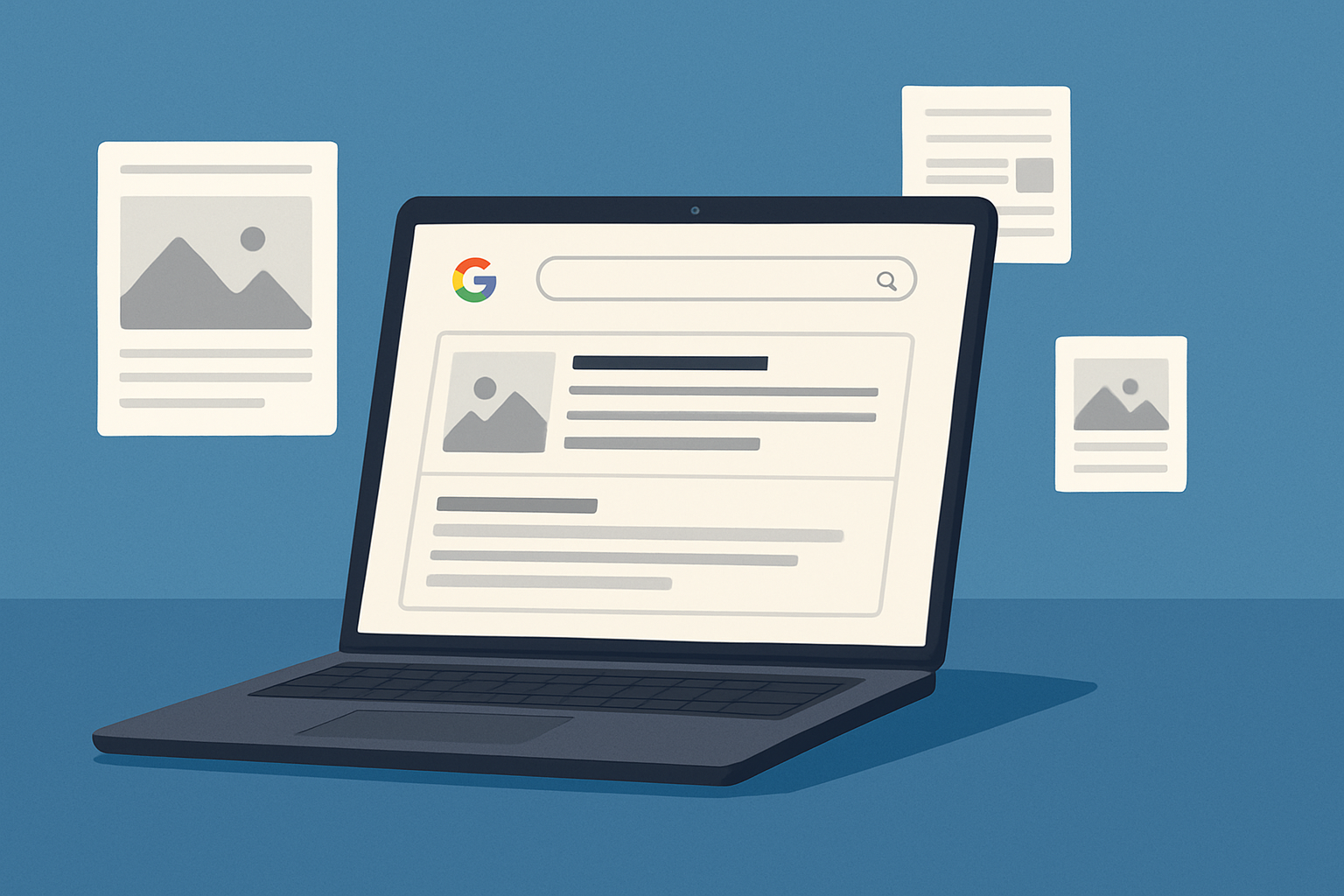Google is testing a new AI-powered feature called Web Guide, which organises search results into curated sections. This feature aims to help users find relevant information easily while preserving website traffic. At the same time, concerns are rising as AI-generated summaries in search results reduce click-throughs to original websites. Google balances its AI ambitions with the need to support content creators and maintain a healthy web ecosystem.
What’s Happening & Why This Matters
Google’s Web Guide presents search results organised by AI-curated categories, rather than a single list. Powered by a custom version of Gemini AI, Web Guide categorises results into sections as comprehensive guides, personal experiences, and safety tips. Each section provides a brief introduction and a few links, with the option to expand. The method maintains the familiar blue link structure while offering AI-driven organisation.
Unlike previous AI features such as AI Overviews that dominate the top of the page and reduce link clicks, Web Guide encourages users to explore multiple sites. Google licenses Reddit content heavily to enrich these sections, paying around $60 million annually for access. The Web Guide currently runs in Search Labs as an opt-in experiment and appears in the Web tab of search results.

While Web Guide improves user experience by clustering related content, media organisations warn that AI summaries cause “devastating” traffic drops. Studies have found that AI-generated text blocks can reduce clicks on news websites by up to 80%. The Authoritas analytics company reported that the top-ranking sites lose significant traffic when AI Overviews appear. The Pew Research Center found users click links under AI summaries only once in 100 searches.
News executives criticise Google for keeping key data on AI’s impact private. They accuse the company of trying to trap users in its ecosystem, leveraging journalists’ work without fair compensation. Groups like the News Media Association and Foxglove demand regulatory action to protect independent news outlets.

Google defends AI search features as enhancing user experience and driving discovery. It claims the studies use flawed data and do not reflect overall web traffic trends. The company notes that AI features encourage more questions and engagement, creating new opportunities for websites.
This tension between AI innovation and the health of the open web remains unresolved. Web Guide may represent a middle ground, offering AI-enhanced search without fully replacing traditional results. However, the ongoing decline in organic traffic for publishers signals serious challenges ahead.
TF Summary: What’s Next
Google’s Web Guide showcases another AI application in search by grouping results to enhance relevance while preserving link visibility. Yet, AI-generated summaries continue to reduce clicks for many news sites, raising concerns about the future of online journalism.
Utilising AI convenience reimagines search, but limits content creators. Regulators, media groups, and innovators must collaborate to ensure that AI advances don’t undermine a healthy and diverse web ecosystem.
— Text-to-Speech (TTS) provided by gspeech


